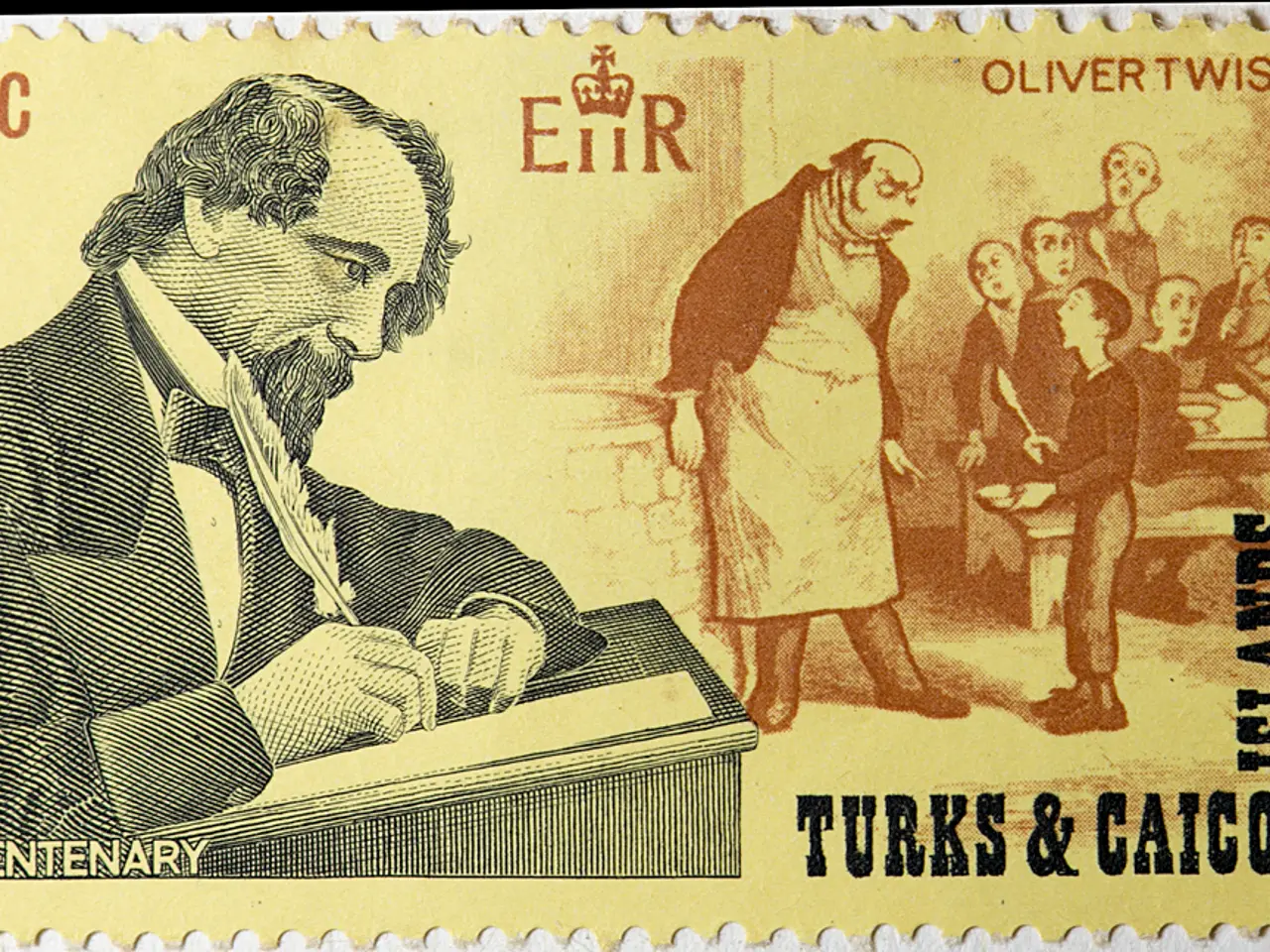Postmaster General advocates for USPS autonomy, dismisses privatization proposals
The United States Postal Service (USPS) has a new leader in David Steiner, who took over as Postmaster General in mid-2025. Steiner, who previously served on the board of FedEx, has expressed support for the current structure of USPS as a self-financing, independent entity of the executive branch. However, his tenure comes at a time when the Trump administration is actively challenging the independence of USPS.
Congress passed legislation in 2022 that eliminated a mandate for USPS to prefund retiree health benefits, a move expected to save the agency $107 billion. Despite this, the Trump administration continues to scrutinise the business model of USPS, with plans to privatise the service or transfer it to the Department of Commerce still under consideration.
These proposals have generated significant opposition, particularly from postal unions and rural communities worried about service impacts if privatization occurs. The Postal Service Board of Governors now includes Steiner as Postmaster General, intensifying concerns among union leaders who see this as risking the USPS’s independence and mission.
Under Steiner's leadership, USPS aims to improve on-time delivery, currently delivering about 85% of first-class mail on time (falling short of its 88% target). To achieve this, USPS has relaxed its standards for on-time mail delivery and is focusing on better operational performance to meet customer expectations and unlock strong long-term revenue growth.
However, USPS still faces longstanding financial challenges. The agency saw substantial delays after opening the first of its new regional mail processing mega-centers, called Regional Processing and Distribution Centers. USPS ended the second quarter of fiscal 2025 with a $3.3 billion net loss and expects to end the current fiscal year with a $6.9 billion net loss. In response, USPS raised the price of a first-class Forever stamp from 73 cents to 78 cents on July 13.
Despite these challenges, Steiner defends the 10-year reform plan of his predecessor, Louis DeJoy. Before stepping down, DeJoy agreed to let a DOGE team into USPS to help tackle the agency's "big problems." Steiner generally supports DeJoy’s reform plan and believes it has improved competitiveness.
As the future of USPS independence remains uncertain, Steiner has expressed support for maintaining the agency's independence from the executive branch. However, the Trump administration's moves risk undermining this independence, pushing toward structural changes that could increase federal control or move USPS closer to privatization.
References:
- The Washington Post
- Congress.gov
- American Postal Workers Union
- National Rural Letter Carriers' Association
- The workforce reimagining within USPS under Steiner's leadership may face challenges due to the ongoing agency oversight and potential financial influence from the Trump administration, particularly in light of their push for structural changes and privatization.
- To ensure the sustainability of the federal workforce at USPS and maintain the agency's financial health, concerns regarding agency oversight, finance, and business models are crucial for Steiner and his team to address, especially as they aim to achieve improved on-time delivery and achieve strong long-term growth.




